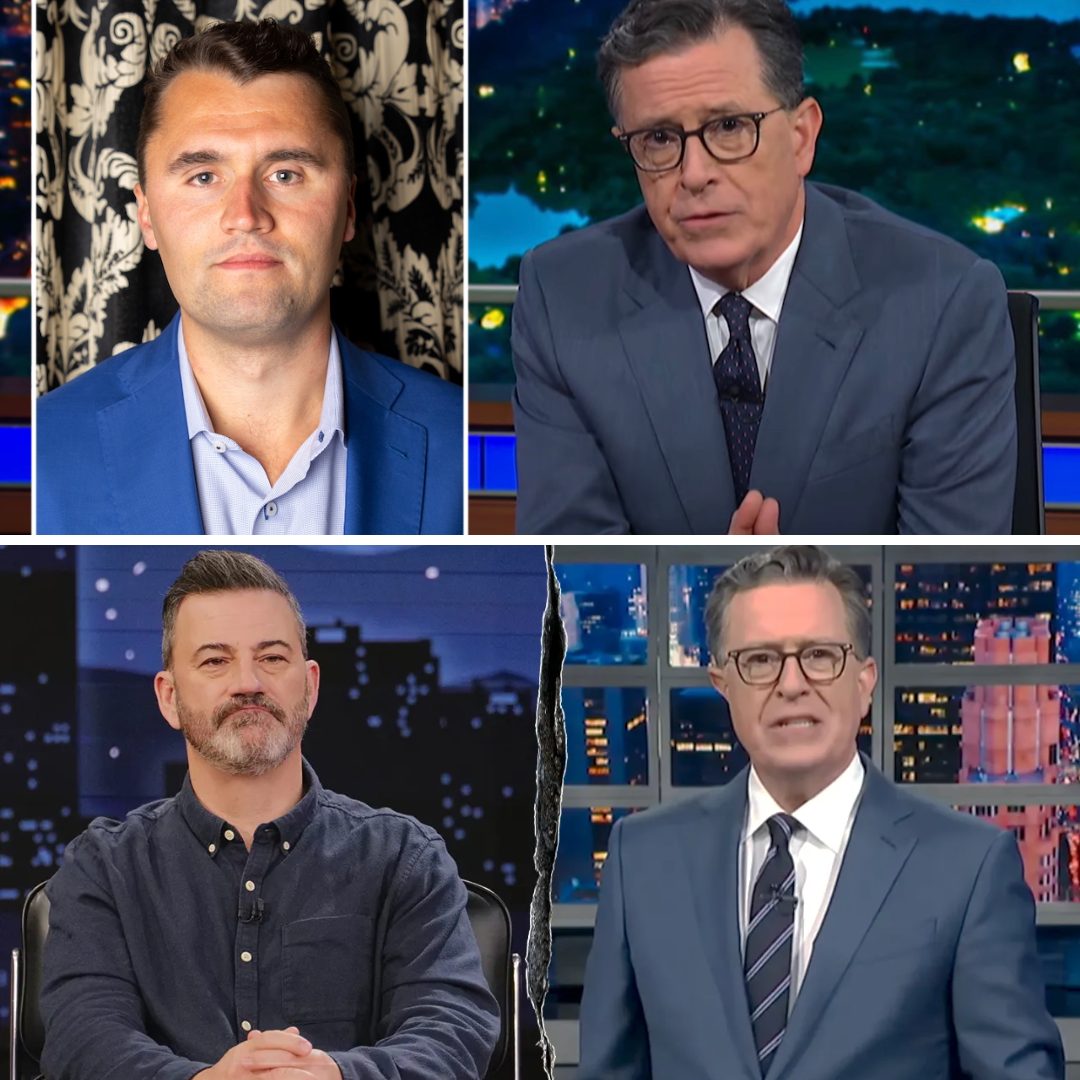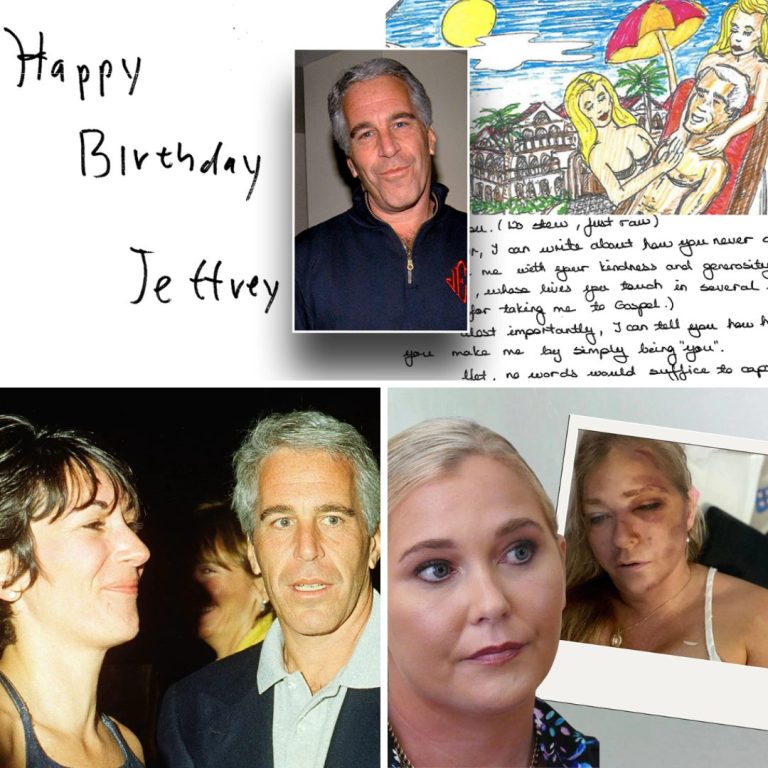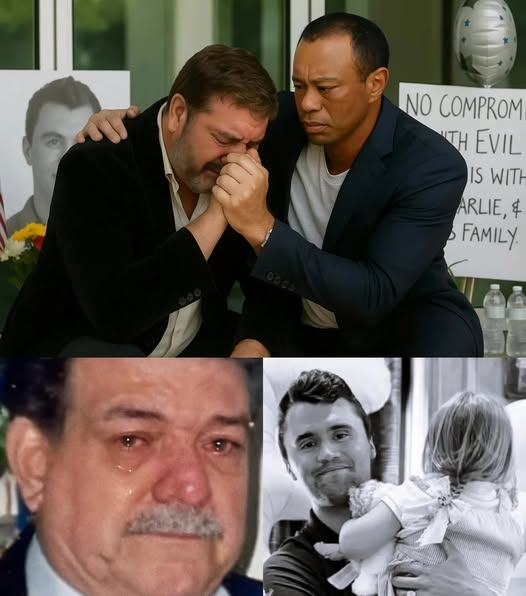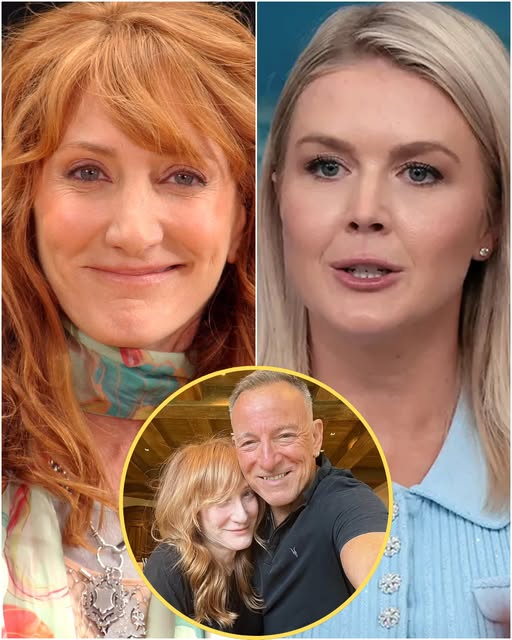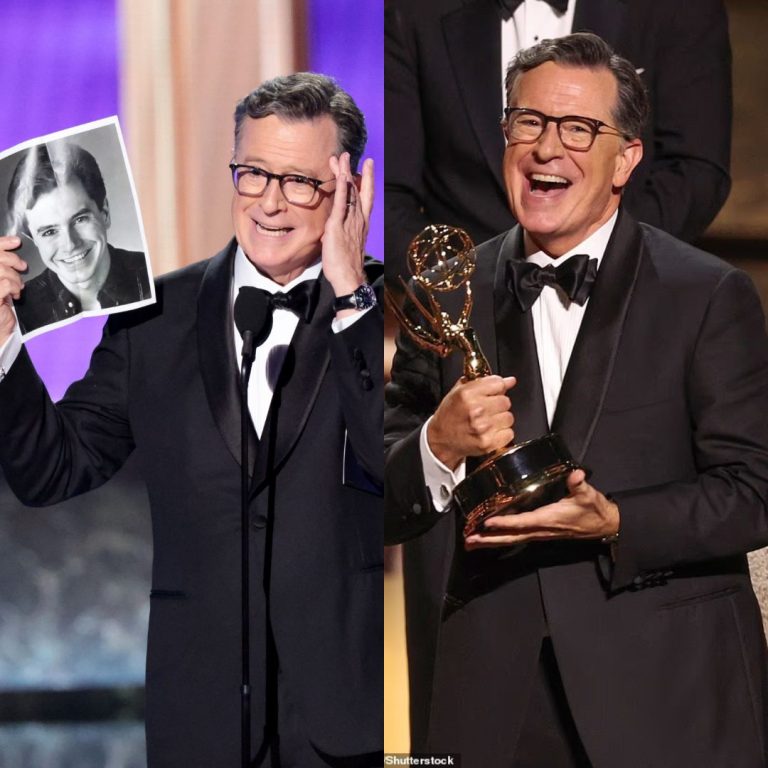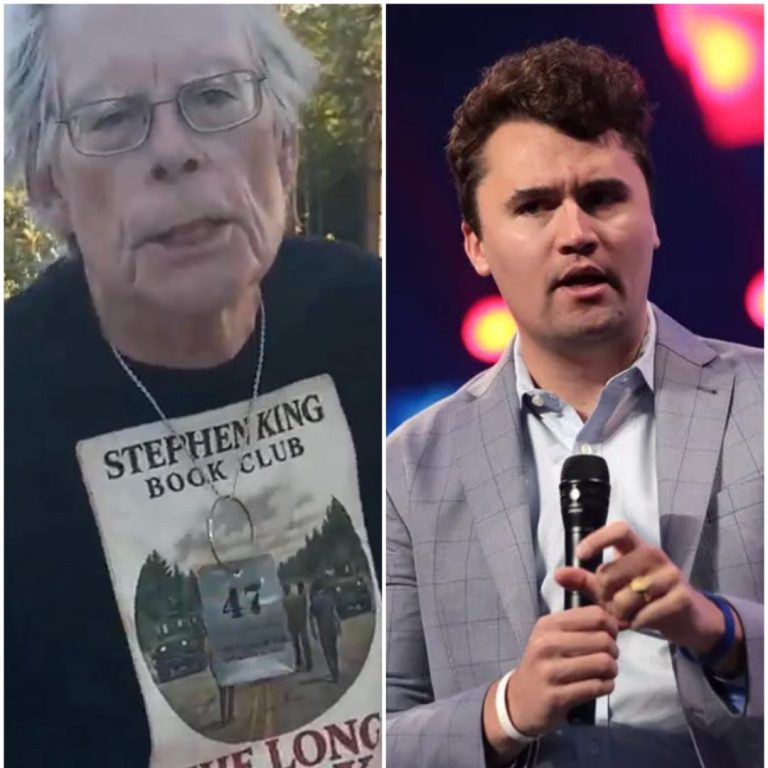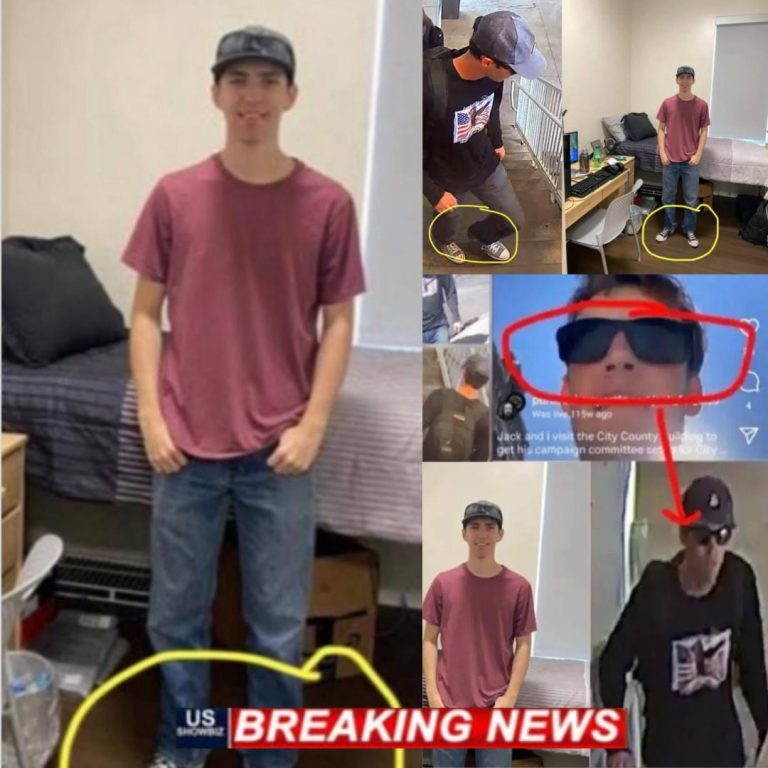The gunshot that silenced Charlie Kirk, the fiery conservative activist and founder of Turning Point USA, has reverberated across America, shattering the illusion of safety in our fractured political landscape. On September 10, 2025, Kirk was gunned down during a speaking event at Utah Valley University, a tragedy that has plunged the nation into grief and ignited a desperate plea for unity. In a rare moment of solemnity, Stephen Colbert, the sharp-witted host of The Late Show, set aside his comedic armor to deliver a heartfelt condemnation of the violence, joining a chorus of voices from Hollywood to Capitol Hill calling for an end to the cycle of hate.
The details are as chilling as they are surreal. Kirk, just 31, was addressing a packed auditorium when 22-year-old Tyler Robinson, a young man allegedly consumed by obsession with the activist, opened fire. The chaos, captured in grainy surveillance footage released by the FBI, unfolded in seconds, leaving Kirk lifeless and a community in shock. Robinson was apprehended after a tense manhunt, but the questions he left behind linger like a storm cloud over the nation: How did we get here? And where do we go now?
Colbert, whose platform often skewers the right, spoke not as a satirist but as a citizen haunted by history. “Good evening, everybody,” he began, his voice heavy with sorrow. “After our scripts for tonight’s show were finished this afternoon, we here at The Late Show learned that Charlie Kirk, a prominent right-wing activist, was killed at a speaking engagement in Utah. Our condolences go out to his family and all of his loved ones.” Reflecting on the assassinations of the 1960s—John F. Kennedy, Martin Luther King Jr., Robert F. Kennedy—he drew a stark parallel. “I’m old enough to personally remember the political violence of the 1960s. And I hope it is obvious to everyone in America that political violence does not solve any of our political differences. Political violence only leads to more political violence. And I pray with all my heart that this is the aberrant action of a madman and not a sign of things to come.”
The tragedy has transcended partisan lines, uniting voices from all corners in a rare display of shared humanity. Actor Chris Pratt, a vocal conservative, poured out his grief online: “Charlie was a warrior for truth and freedom. His loss is immeasurable. Praying for his family in this dark time.” Comedian Rosie O’Donnell, often at odds with Kirk’s ideology, struck a note of compassion: “May it also be a moment for everyone to rediscover their humanity.” Even Rainn Wilson, the Office star known for his progressive leanings, honored Kirk’s conviction: “Charlie Kirk was a courageous man who stood up for what he believed in. We need to build bridges, not burn them down.”
The outpouring extended to action heroes and entertainers alike. Arnold Schwarzenegger, a former governor with a foot in both Hollywood and politics, issued a powerful rebuke: “Political disagreements should be settled at the ballot box, not with bullets. This tragedy must unite us against hate.” Josh Duhamel shared a heartbreaking photo of Kirk with his young family, captioning it, “RIP Charlie – a father, husband, and fighter gone too soon.” From Tim Allen to Charlie Sheen, the tributes poured in, a testament to the universal horror of this act.
At the heart of the tragedy is Erika Kirk, Charlie’s widow, whose tearful words cut through the noise. Addressing supporters, she thanked first responders and President Donald Trump for their support, then spoke of her husband’s legacy: “Charlie lived every day fighting for what he believed in. Let his legacy be one of peace, not division.” Utah Governor Spencer Cox, visibly shaken, echoed her call, insisting that the suspect’s actions do not reflect the state’s values.

This assassination arrives at a perilous moment, when heated rhetoric too often spills into real-world violence. Vice President JD Vance, stepping in to host Kirk’s podcast, captured the enduring impact: “Charlie’s voice was silenced, but his message endures.” As new details emerge daily, from the suspect’s troubled history to the raw grief of Kirk’s supporters, the nation is forced to confront the roots of such rage. Was this the act of a lone fanatic, or a symptom of a deeper sickness?
Colbert’s prayer—that this be an isolated act, not a harbinger—hangs heavy over a divided America. Yet, in the midst of sorrow, there is a flicker of hope. The bipartisan outcry, from celebrities to citizens, signals a shared yearning for something better. Kirk’s death is a wound, but it could also be a wake-up call. As we mourn, we must ask: Will we let hatred define us, or will we rise above it? The answer lies not in the chaos of today but in the choices we make tomorrow.
